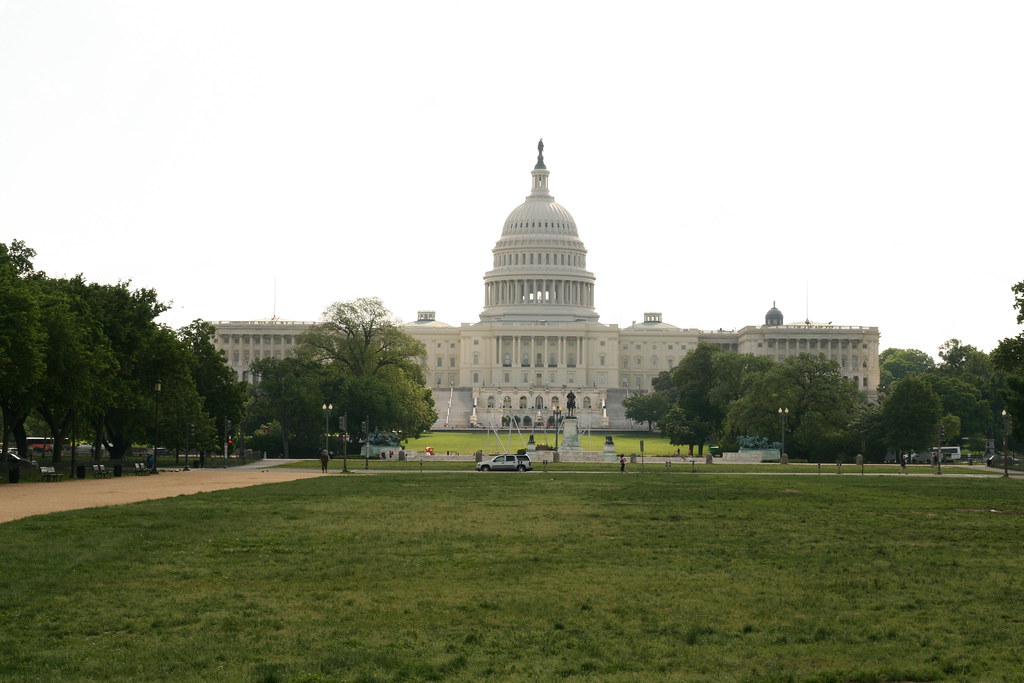
The United States Senate is in a state of crisis. Many serving senators of both parties have lamented that the Senate is a broken institution. Seventy former senators have decried the way the chamber acts or, rather, fails to act.
Though blame for this crisis has been attributed to a multitude of causes, many have laid it at the foot of the filibuster.
An arcane parliamentary procedure, the filibuster allows one senator to stall passage of any legislation. Unless 60 senators vote to override the filibustering senator in a motion called cloture, the legislation cannot pass.
Unified Democratic control of Washington, albeit with razor-thin majorities, has thrust the filibuster back into the spotlight as Senate Majority Leader Chuck Schumer (D-NY) and his caucus debate abolishing the filibuster.
Democratic senators are entertaining this discussion because the once rare filibuster is being used regularly now, imposing a 60-vote supermajority requirement to pass most forms of legislation. Pointedly, Schumer refused to agree to protect the filibuster when Senate Minority Leader Mitch McConnell (R-Ky.) sought such a reassurance in the formal Senate organization resolution.
Before proceeding, it is useful to dispel two common misconceptions about the filibuster and the Senate.
The filibuster is not part of the Framers’ intent. The historical record is clear: the filibuster was an unintended consequence of Aaron Burr’s initiative to clean up Senate rules in 1805-1806. Furthermore, the Senate didn’t even realize that they had made it impossible to cut off debate in the Senate, as demonstrated by the fact that the first filibuster would not occur for over three decades after the rule change.
No, abolishing the filibuster will not enable Democrats to pass President Biden’s agenda unimpeded. The Democrats have no margin in the Senate. A single defection would doom any Democratic effort in a filibuster-less Senate unless it could attract Republican co-sponsors.
Nor is the Democratic Senate Caucus unified internally. The caucus is an ideologically diverse group ranging from the conservative Democrat Sen. Joe Manchin (D-W.Va.) to democratic socialist Sen. Bernie Sanders (I-Vt.)
Less than two months into the new Congress, Manchin has already gone on the record, breaking with progressive priorities, such as restructuring the Supreme Court and the $15 federal minimum wage.
Therein lies the crux of the issue. Right now, the Senate filibuster discussion remains just a discussion. Two of Schumer’s caucus members, Sens. Kyrsten Sinema (D-Ariz.) and Manchin, have been emphatic that they will not vote to abolish the filibuster. Unless and until they change their minds, any discussion of the Democratic Party abolishing the Senate filibuster in this Congress is merely an academic exercise.
That does not mean Democrats should ignore the issue. Schumer was right to not let McConnell dictate the rules of the Senate. If Republicans return to the obstructionist tactics they engaged in when President Obama was in office, Schumer would be right to explore avenues to weaken the filibuster that might win support from Sinema and Manchin. It does mean that Democrats should be careful not to raise expectations among their votes that they cannot fulfill.
Whether the Senate filibuster is abolished or not, the Senate will remain a minoritarian institution (the 50 Democratic senators in the Senate represent more than 40 million more Americans than the 50 Republican senators) and the Senate will remain a significant challenge for much of Biden’s ambitious, progressive platform.
